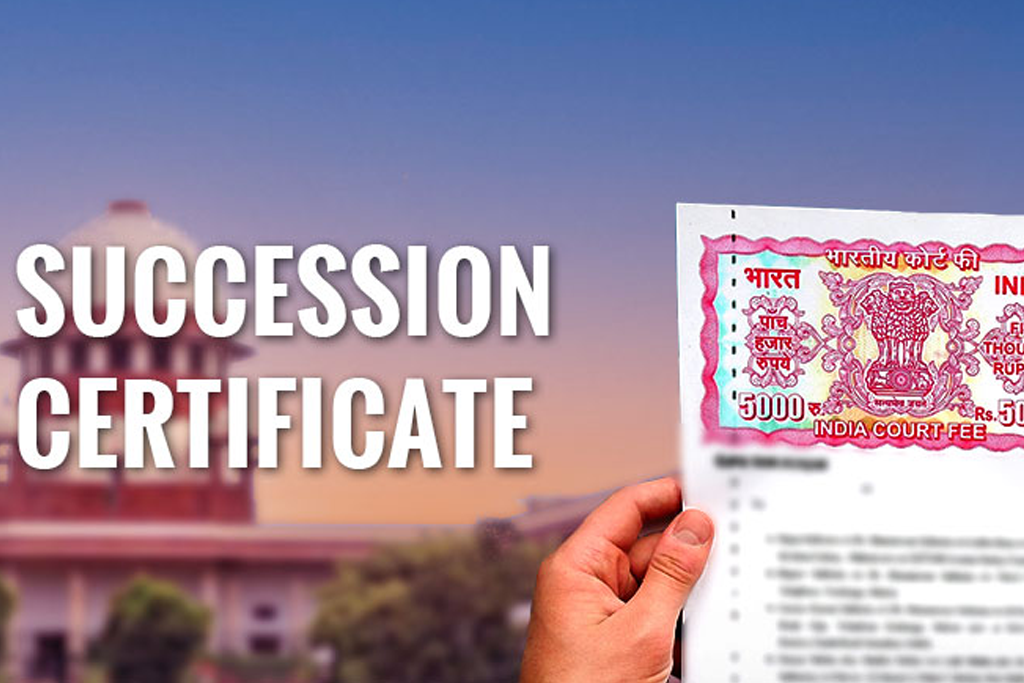Services
Home / Succession Certificate

A Succession Certificate is a legal document issued by a civil court to the legal heirs of a deceased person who dies intestate (without a will). It authorizes the heirs to collect debts and securities due to the deceased and to manage movable assets such as bank deposits, insurance policies, and shares.
The Indian Succession Act, 1925 governs the issuance of succession certificates. It is especially crucial when there is no will, as it ensures that rightful heirs are identified and legally empowered to handle the deceased’s assets.
The process involves filing a petition before the district court where the deceased resided, followed by public notification inviting objections. Once verified, the court issues the certificate to the rightful heirs, ensuring lawful transfer of financial entitlements.
Succession certificates serve as essential legal tools for asset management and inheritance, ensuring justice and order in the absence of a will.